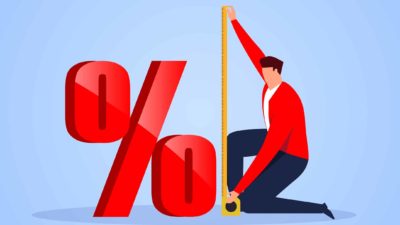The GameStop Corp (NYSE: GME) frenzy this week was controversial enough, but $0 brokerage trading app Robinhood poured petrol on the fire overnight.
The platform cut off retail investors from trading in GameStop shares and other short squeeze targets on Thursday night Australian time, citing excessive volatility and "risk management".
The move immediately drew criticism, with politicians on absolute opposite ends of the spectrum blasting Robinhood.
"This is unacceptable. We now need to know more about Robinhood's decision to block retail investors from purchasing stock while hedge funds are freely able to trade the stock as they see fit," said prominent leftist Democrat senator Alexandria Ocasio-Cortez.
In response, far-right Republican senator Ted Cruz simply replied: "Fully agree."
Fully agree.
Ted Cruz (@tedcruz) January 28, 2021https://t.co/rW38zfLYGh
Later in the day Robinhood backed down, announcing "limited buys" would be allowed from Friday's session.
"We'll continue to monitor the situation and may make adjustments as needed."
But the damage was already done.
According to RMIT university senior lecturer Angel Zhong, legal action has started against the platform.
"Robinhood users have filed a class action, as the trading app 'purposefully, willfully and knowingly removed the stock, GME, from its trading platform in the midst of an unprecedented stock price', thereby depriving retail investors of the ability to invest in, and manipulate, the open-market."
Why did Robinhood block retail investors?
Robinhood, true to its name, made its fortune by making the share market accessible to the masses.
But the overnight ban seemed to run completely the opposite of that spirit.
So why did it block retail investors from the biggest market event this year?
Zhong, who is an expert in investor behaviour, said it all had to do with the relationships Robinhood has with other companies in the background.
In return for revenue, the app passes on trades to big companies called 'market makers'. They then pocket a small difference in the share price charged to the end user and the actual wholesale transaction cost.
"While Robinhood is fee-free, it makes money by providing liquidity to hedge funds such as Melvin Capital, and Citadel Securities – the trading platform's largest customers."
"More importantly, Citadel bailed out Melvin Capital, which shorted GameStop heavily and suffered a huge loss."
If a service is provided for free, then you're not the customer – you are the commodity.
"The lesson seems to be there is no free lunch," said Zhong.









